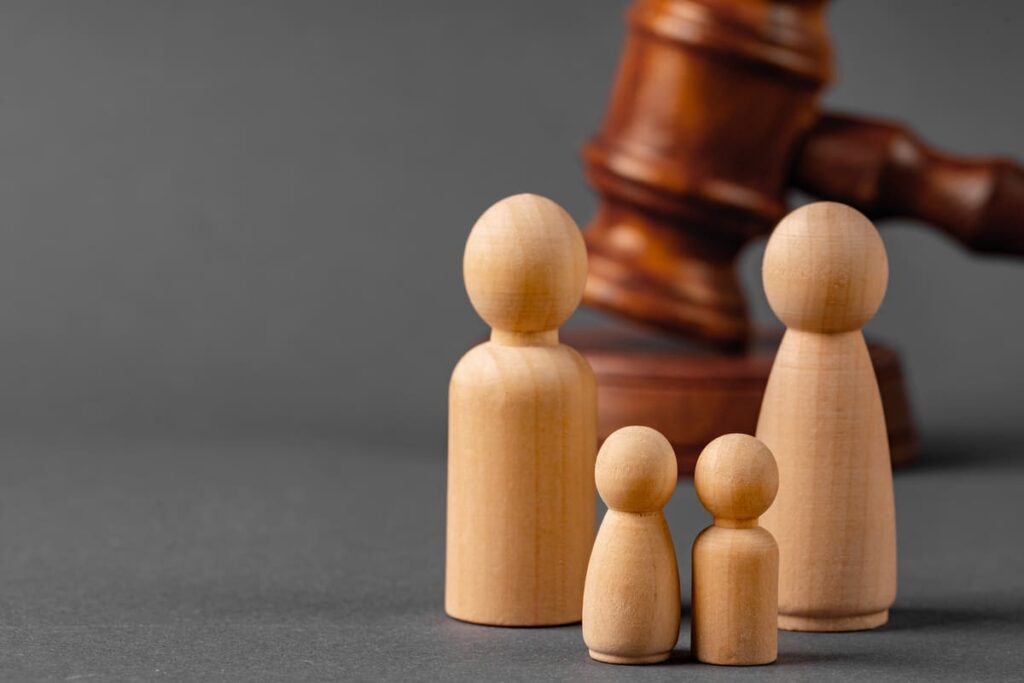The start of retirement marks a significant milestone in life, and it’s a cause for celebration. However, before you embark on this exciting new journey, it’s essential to ensure that you’ve thought through all the necessary aspects of this phase of life. Retirement brings certain estate planning issues that you need to consider carefully.
If you already have an estate plan, you need to review it regularly, especially after significant life events, like beginning your retirement. It’s important to ask yourself a few key questions, such as whether you still own the same property or have the same account balances as when your plan was created. You may have invested in retirement accounts during your working years to prepare for retirement, but it’s important to remember that the value of those accounts may decrease when you start withdrawing from them.
Additionally, if you have children or other young beneficiaries, you need to ensure that your estate plan still caters to their needs. For example, if your will assumes that your children are still minors, but they are now adults, you need to update your estate plan accordingly.
If your estate plan relies on proceeds from an employer-provided life insurance policy, you need to explore other options, as this policy may no longer exist once you retire.
It’s also crucial to consider whether you want to change how much your beneficiaries inherit and how they receive their inheritance. As time passes, the amounts and ways of giving money and property may no longer be appropriate or possible. For example, if your will or trust provided that $300,000 be held in a trust for your child’s benefit and then distributed to them when they turned thirty-five, it’s possible that you may have less than $300,000 at your death. You may also want to consider whether your child requires more than you had originally planned or if they are successful enough that they don’t need an inheritance from you.
If you don’t have an estate plan or haven’t completed it yet, don’t procrastinate any longer. The only way to protect yourself and your loved ones is to have an intentional and legally enforceable estate plan. You need to evaluate your new lifestyle and determine what accounts and property you own and the value of your money and property. You also need to consider the needs of your loved ones and whether you’re able to support them during your lifetime and after your death. Working with an experienced professional, you can determine the best possible solution for you and your loved ones.
In conclusion, retirement is a time to celebrate, but it’s crucial to think through your retirement plans and ensure that you have a solid estate plan in place. It’s advisable to consult with a financial and estate planning team to help you navigate this new chapter of your life and ensure that you can enjoy it for many years to come. If you’re interested in discussing your existing estate plan or creating your first one, reach out to a professional for assistance.



